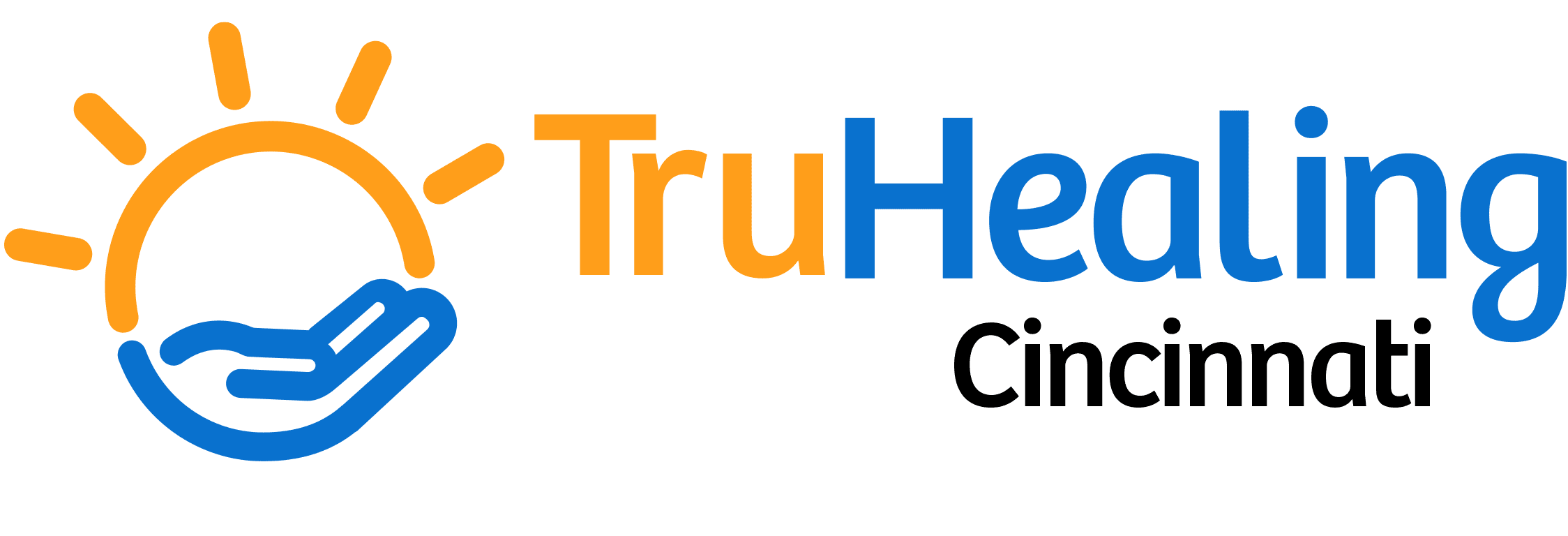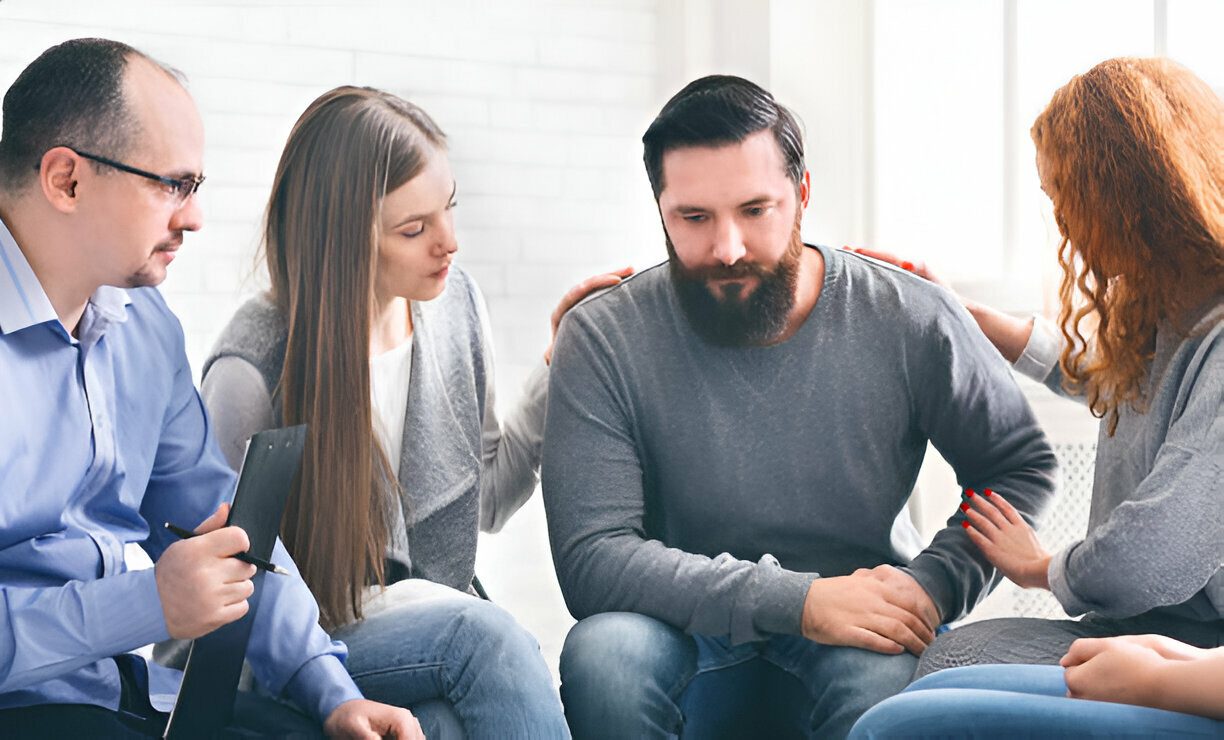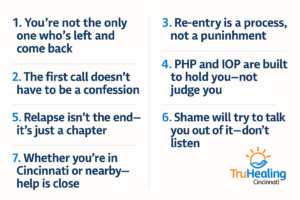You stopped showing up.
Maybe you were a few weeks into IOP when you stopped answering calls. Maybe you finished a round of PHP, stayed sober for a while, and then relapsed. And now? You’re carrying around this heavy mix of guilt, fear, and what-ifs.
If you’re reading this, it means something inside you still wants help. And that matters more than anything that happened in between.
At TruHealing Cincinnati, we understand the reality of recovery. People leave. People relapse. People return. It’s not a straight line—it’s a loop with a door that’s always open.
Let’s talk about how to walk back through it, no matter how long it’s been or how far off-track you feel.
1. You’re Not the Only One Who’s Left and Come Back
This needs to be said clearly: You are not the exception. You are not broken.
Treatment dropout happens. Ghosting happens. Relapse happens. These are not signs of failure—they are signs of a real, ongoing, deeply human process.
Many clients who complete our addiction treatment programs step away at some point. Life can get loud. Shame creeps in. Schedules fall apart. But the common thread? Many of those same clients come back—and often, they come back more ready.
So if you’re holding your breath, wondering if we remember you, the answer is: yes—and we still want to help.
2. The First Call Doesn’t Have to Be a Confession
Worried we’ll ask where you’ve been?
We won’t.
Worried we’ll make you explain your relapse or justify your absence?
We won’t.
The first call back is simple. It’s not about rehashing mistakes—it’s about checking in. Are you safe? What do you need? What kind of support makes sense now?
You don’t need a polished explanation. You don’t need to “make your case” to rejoin. All you need is a tiny flicker of willingness. We’ll meet you there.
3. Re-Entry Is a Process, Not a Punishment
At TruHealing Cincinnati, we treat re-entry like what it is—a continuation, not a punishment. That means no lectures, no moralizing, no “why didn’t you…”
Instead, we co-create a plan with you.
Depending on your current needs, this might include:
- A new clinical assessment to find the right level of care
- A step back into PHP if you need more structure
- A return to IOP if you’re functioning but need accountability
- A taper plan if substances are still in your system
We’ve seen clients leave and return multiple times. Each return builds strength, clarity, and trust. Every re-entry is an act of courage—and we treat it that way.
4. PHP and IOP Are Built to Hold You—Not Judge You
You might wonder: Is outpatient care really enough after a relapse?
For many, yes. Both PHP (Partial Hospitalization Program) and IOP (Intensive Outpatient Program) offer enough clinical support to help you stabilize and rebuild without requiring full-time residential care.
PHP includes:
- 5+ days per week of structured clinical programming
- Group therapy, individual counseling, and psychiatric support
- A safe space to rebuild habits and healing structure
IOP offers:
- 3–5 days per week of flexible support
- Evening or daytime group sessions
- Continued therapy and relapse prevention
If you’re unsure where you fall, we’ll help guide that decision. You won’t have to figure it out alone.
5. Relapse Isn’t the End—It’s Just a Chapter
Let’s name the hardest fear: “I messed it all up.”
But you didn’t.
Relapse doesn’t erase your progress. It doesn’t make your previous work meaningless. It simply signals that something in your support system broke down—and that you’re ready to rebuild it now.
In fact, coming back after a relapse often leads to deeper, more durable healing. You know what tripped you up. You know what felt missing. That self-awareness becomes fuel for stronger recovery.
At our Cincinnati campus and our extended network, we’re here to support your next step forward.
6. Shame Will Try to Talk You Out of It—Don’t Listen
That voice in your head saying, “They probably don’t want me back,” is lying.
That voice saying, “I can’t show my face again,” is shame talking.
And that voice saying, “I’ll just mess it up again,” is fear—not fact.
Here’s the truth: We welcome you. Fully. Exactly as you are right now.
Shame loves silence. It grows in the space between the last missed session and the decision to reach out. But the moment you take that first step—text, call, email—it starts to shrink.
We don’t need you to have it all together. We just need you to come as you are.
7. Whether You’re in Cincinnati or Nearby—Help Is Close
If you’re reading this from Cincinnati, we’re just across town. If you’re a bit further out, that’s okay too. Our team supports alumni and new clients from across the region, including:
Whether you’re returning after weeks or years, our doors—and our hearts—are still open.
Real Words From People Who Came Back
“I thought I was too far gone. Turns out, I just needed to hear someone say, ‘It’s okay to start again.’”
— PHP Alumni, 2022
“I ghosted after a hard week. When I came back, no one made me feel small. They just said, ‘Welcome back.’”
— IOP Client, 2023
Ready to Come Back?
Call (888) 643-9118 to learn more about our drug addiction treatment services in Cincinnati, Ohio. We’ll help you figure out the next right step—no shame, no pressure, just support.
FAQs: Coming Back After Dropping Out of Treatment
Can I return to treatment if I left without finishing?
Yes. Many people leave programs early and later realize they want to return. We don’t penalize you for the time away—we help you pick up where it makes the most sense now.
Will I have to start all over again?
Not necessarily. Your new assessment will determine what level of care (PHP, IOP, or something else) is best. Some clients re-enter at the same level. Others need more or less structure based on current use, support, and stability.
Do I have to explain why I left?
No. You’re welcome to share your story, but we won’t demand an explanation. Our goal is to help you move forward, not dwell on the past.
What if I’ve relapsed badly—can I still come back?
Yes. Relapse doesn’t disqualify you from treatment. In fact, it’s one of the most common reasons people return. Whether you’ve been using daily or had a brief slip, we’ll support you without judgment.
I’m ashamed to come back. Will people look at me differently?
No. Our clinical team and support staff are trained to work with returning clients with compassion, not judgment. Many of them have lived experience and understand firsthand how hard it is to reach out again.


